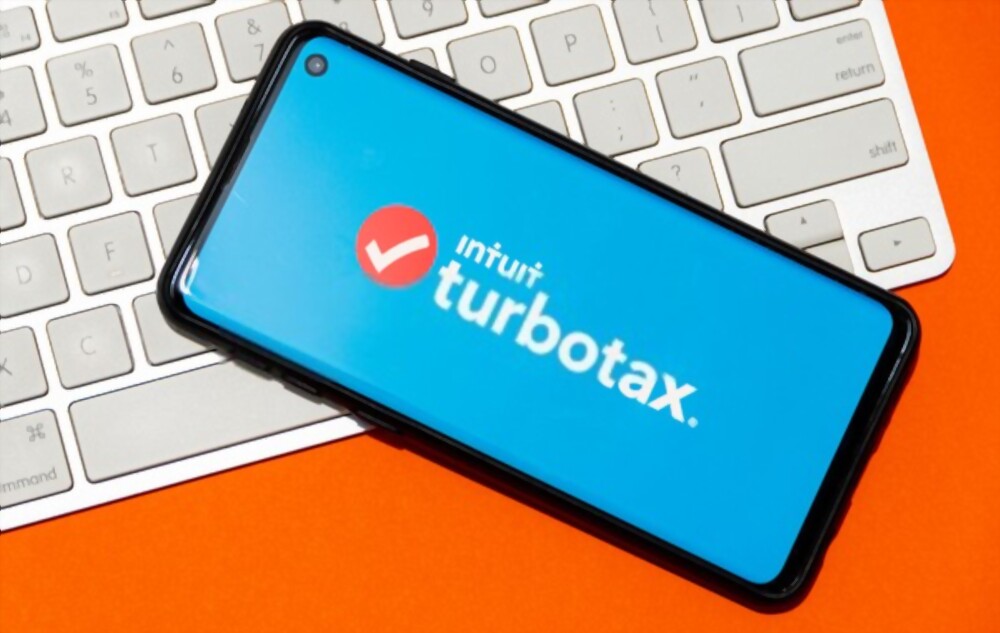Intuit, manufacturer of TurboTax, advertises that you can file your taxes for free. In March of 2022, the Federal Trade Commission filed a complaint against Intuit because most U.S. tax filers do not qualify for its “free” products. However, many may not find that out until they have invested time and effort into filing their taxes through TurboTax–incentivizing them to pay for the service.According to the director of the FTC’s Bureau of Consumer Protection, this amounts to a “bait and switch.”
According to the FTC, two-thirds of tax filers were ineligible to use TurboTax in 2020 because of the types of income they received. However, the FTC alleges, the advertising for TurboTax has “free” written all over it–literally. For example, the FTC’s administrative complaint says that one 30-second advertisement used the word “free” more than 40 times. In instances of alleged false or deceptive advertising, we often look to context to properly substantiate claims and be sure that marketing practices are not unfair. When the majority of users were ineligible to use TurboTax, the FTC thought Intuit’s ads amounted to deceptive advertising.
How Consumer Surveys Can Measure the Meaning of “Free”
This case is still pending, but in matters where courts and regulatory bodies require a measurement of how consumers interpret marketing messages, consumer surveys are the accepted way to do so. In this case, a well-designed survey would make it possible to measure how tax filers would interpret the TurboTax marketing messages, online and in television advertisements. This would include measuring whether consumers believed that they could file without fees. MMR Strategy Group has extensive experience designing reliable consumer surveys in court and by regulatory bodies. If you need a reliable, professional consumer survey to help you face regulatory review or litigation, contact MMR Strategy Group.
